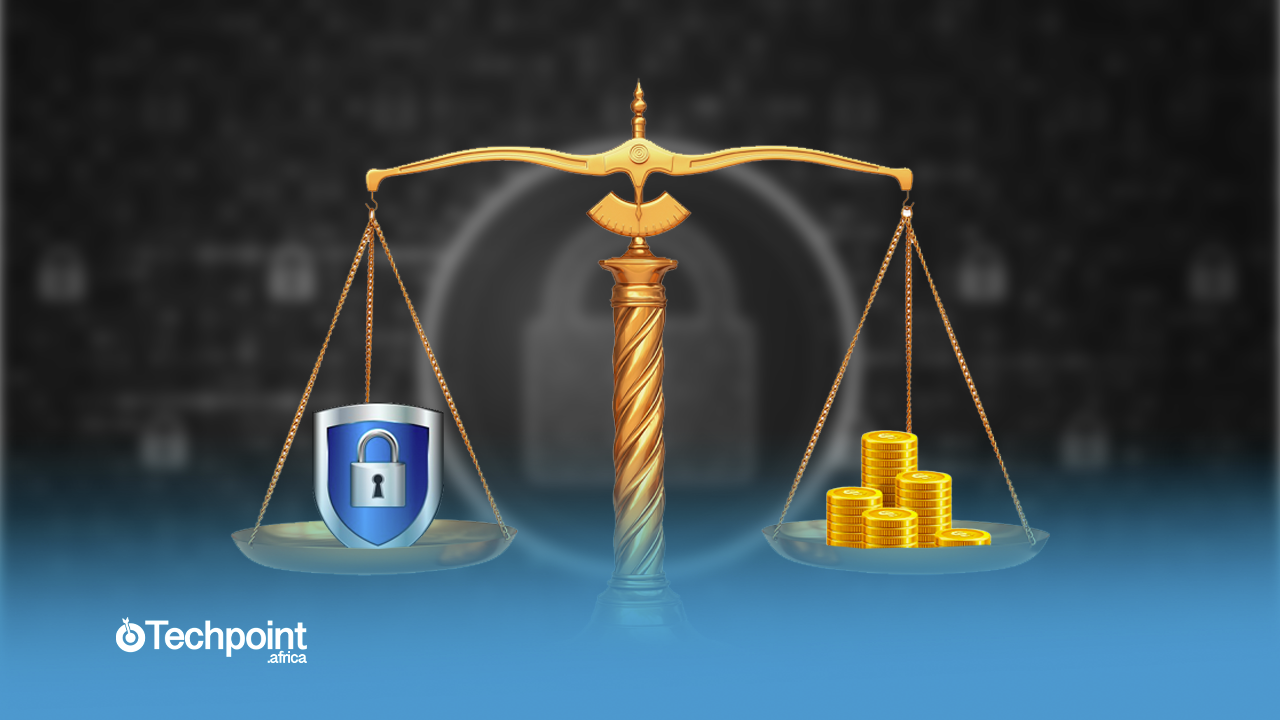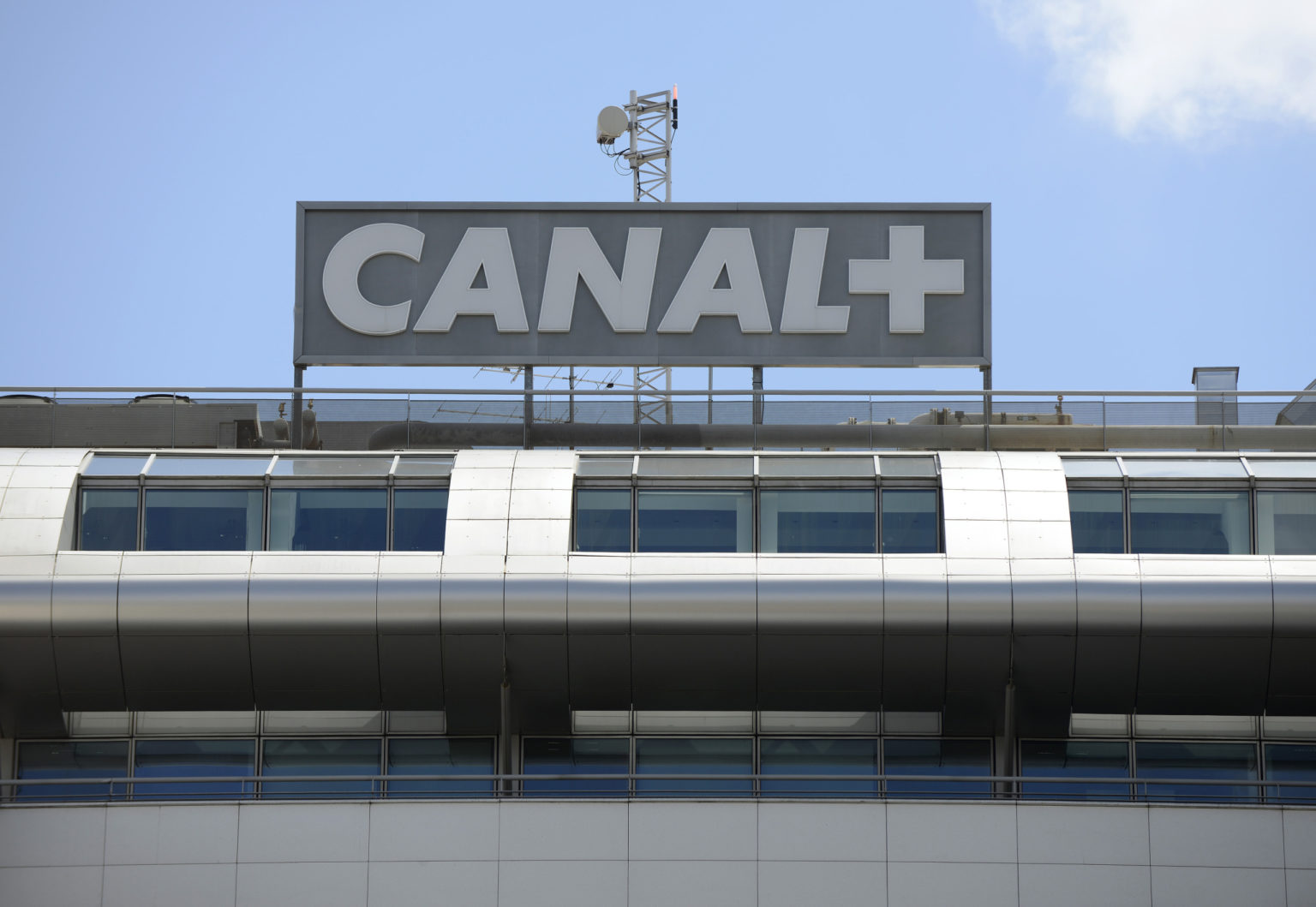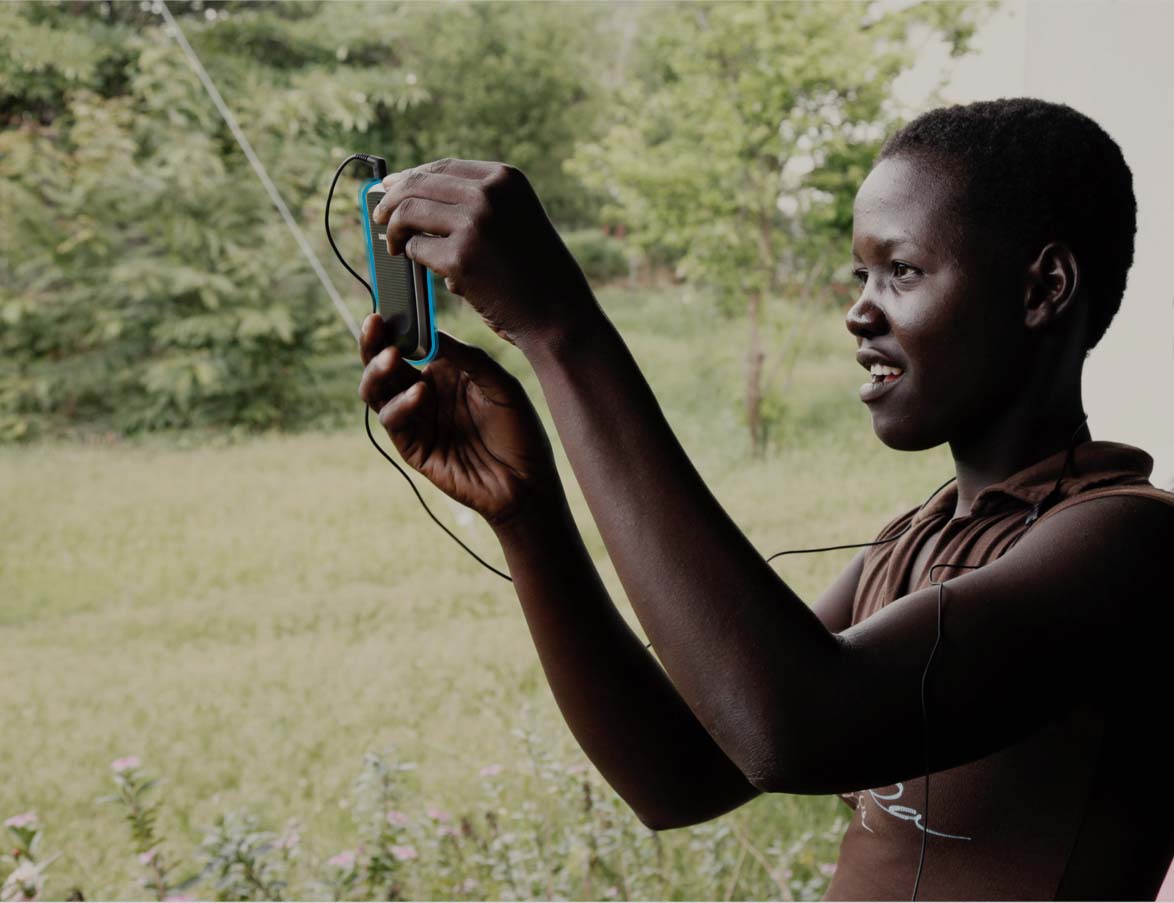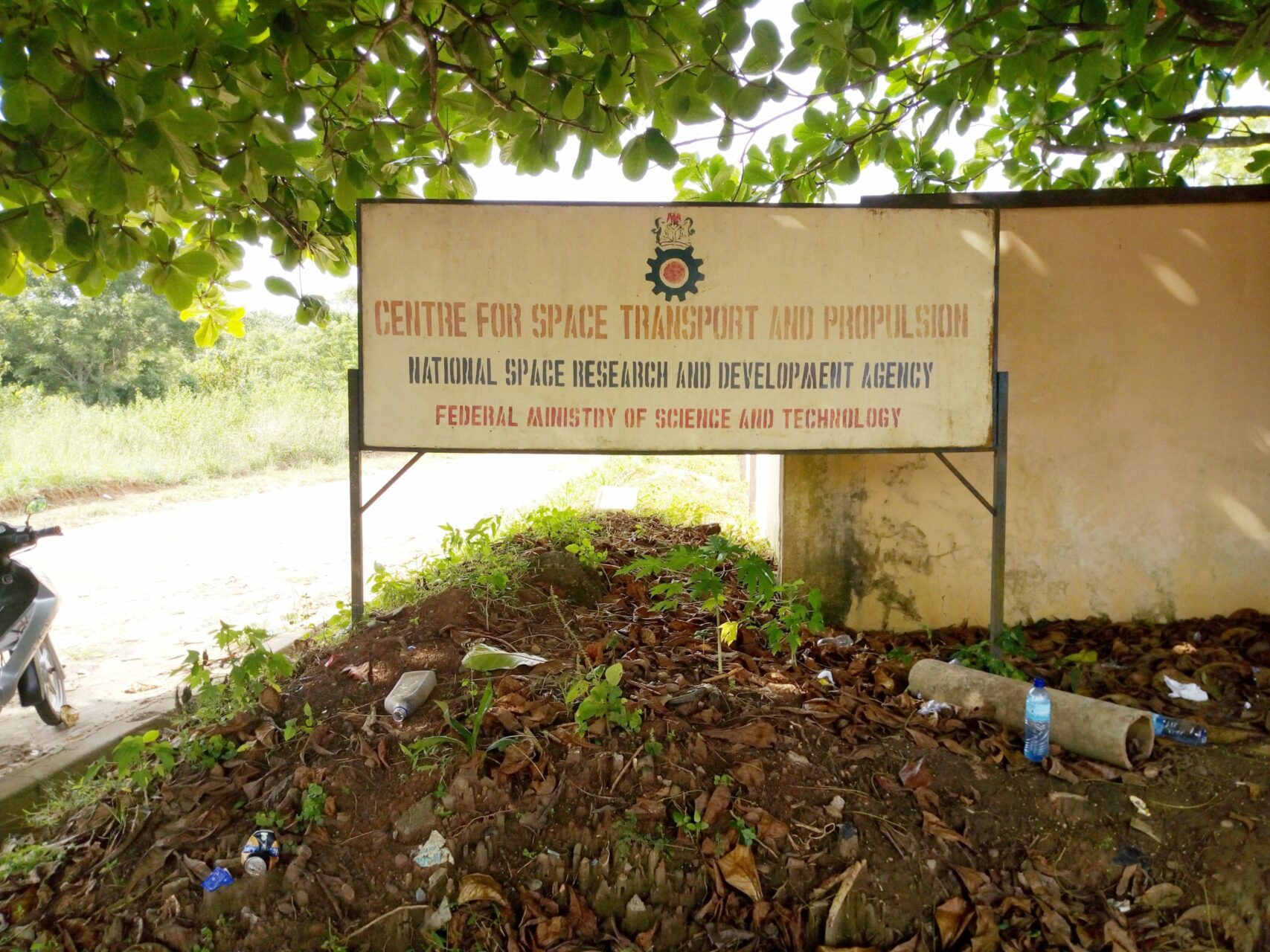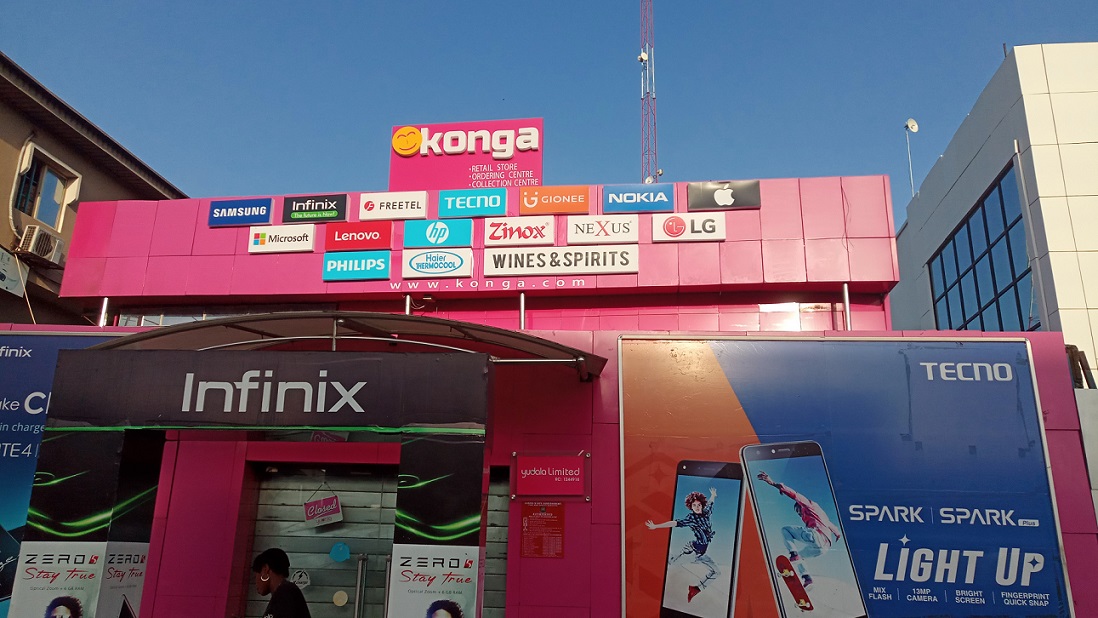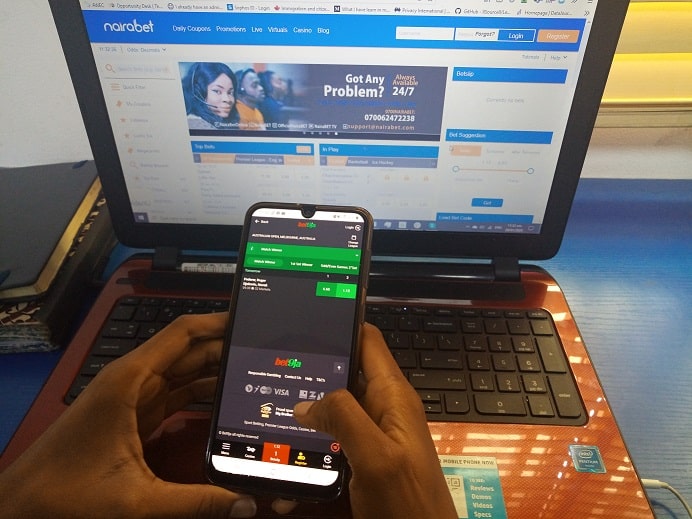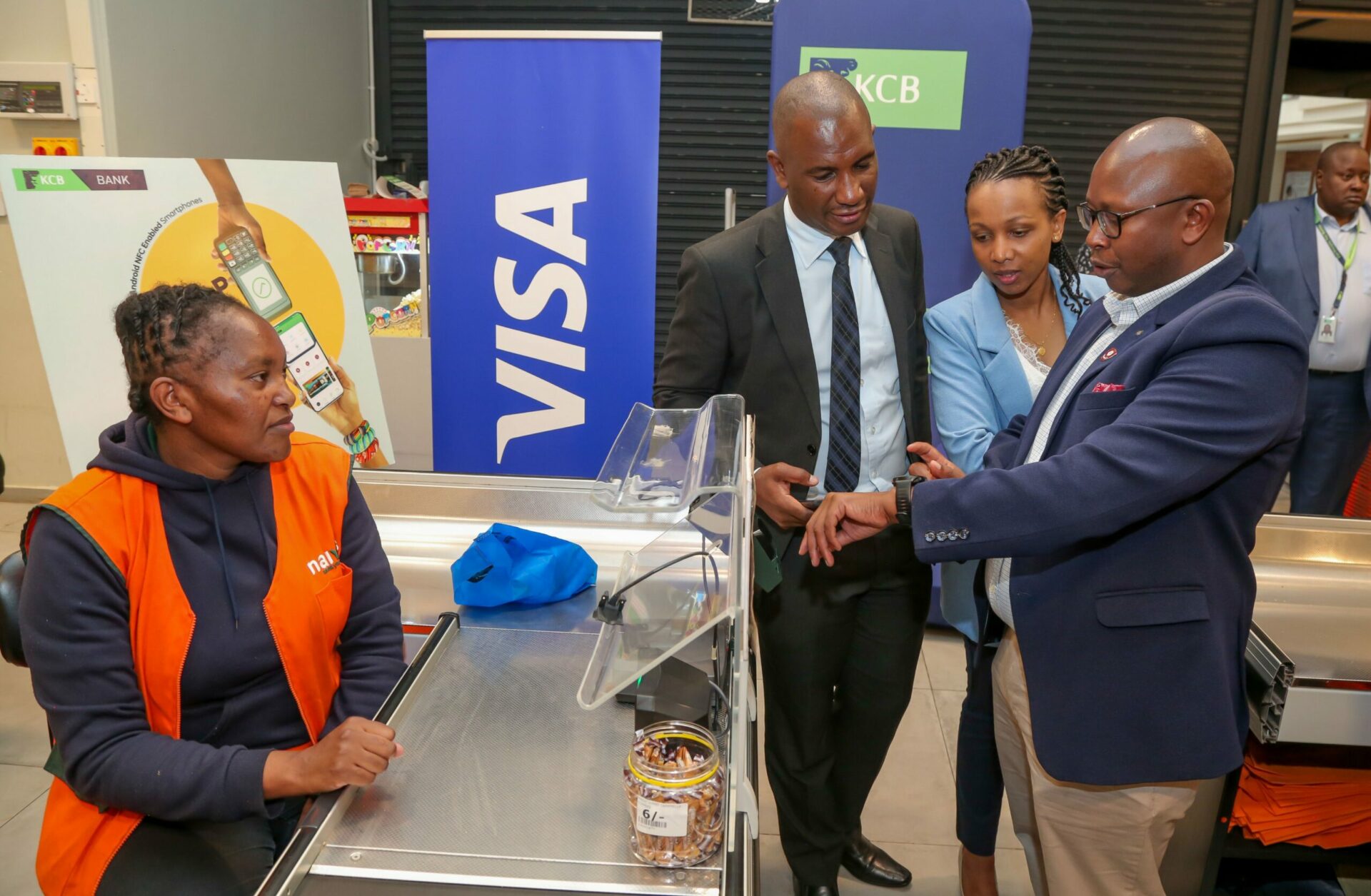The increasing censorship of the Internet has been a trend in Africa over the course of the last decade.
Whether it is censoring the independent media during elections in Rwanda or admitting to mass surveillance of citizens in South Africa, African governments are focused on controlling citizens’ access.
It therefore comes as no surprise that of late South Africa has seen a lot of push-back by stakeholders concerning its Internet and broadband laws.
Suggested Read: Censorship and social media: Resolving the dilemma between Dictatorship and Anarchy
According to the 2019 Affordability Report recently published by the Alliance for Affordable Internet (A4AI), governments need to think about their long-term goals, especially where broadband connectivity is concerned.
A4AI recommends that for policymakers to do this, they must be mindful of establishing Meaningful Connectivity to target the goals of improving the quality of service and expansion of access to users.
“By designing policies that support market growth and expansion, and developing initiatives to secure equal and affordable access where the market does not see commercial viability, governments can make affordable and meaningful connectivity a reality for everyone.”
This is extremely important because it affects nationals in different ways. For instance, A4AI reports that the seemingly small cost of 1GB of data can take up 7.12% of the average monthly salary received in Africa. In some countries on the continent, this metric rises to as much as 20% per 1GB of data.
This increase in the cost per user is predictably unaffordable for 33.9% of Africans living in poverty.

Be the smartest in the room
Give it a try, you can unsubscribe anytime. Privacy Policy.
Some nations on the continent lead the way in ensuring a friendlier environment for Internet connectivity; for others, the road to attaining this goal is long and winding.
Rwanda Supporting Infrastructure Development
A4AI has taken notice of the East African nation of Rwanda for its drive in applying a nationwide focus on the improvement of access to Internet connectivity.
The government supported the deployment of a 3,000km fibre-optic backbone in 2010.
In 2014, Rwanda launched Africa’s most developed Wholesale Open Access Network (WOAN) to deploy 4G LTE network in partnership with the Korean Telecom company.
This infrastructure is encouraged for its perceived ability to provide a wider network coverage, more affordable data prices, and more network provider competition in the national market, according to the GSM Association (GSMA). It also speaks to the presence of a strong political will and ability to organise financial partnerships that the country possesses, a strength in the policy implementation of network projects such as these.
Unfortunately, the project has yet to reach its full potential for several reasons since it's implementation, one of which is the high cost of accessing the network in Rwanda, contrary to the expectations of this type of network.
In addition, KT’s operation in Rwanda, KT Rwanda Networks (KTRN), has not thrived either. The company recorded a 2018 loss of $25.2 million despite its monopoly in Rwanda.
South Africa's battle with network operators
Unlike Rwanda, South Africa unsuccessfully tried to enact a policy to provide cost-effective broadband connectivity.
The project initially started out as a plan to initiate a “public-private state-owned and managed consortium.” Unfortunately, South Africa cancelled the plan to enact a law on this matter early in 2019 due to the heavy criticism it received from private and state-owned network operators.
One such critic was Telcom South Africa's group CEO, Sipho Maseko, who confessed that he was not a fan of the proposed WOAN policy.
"You need to have a core capability of people who can execute on these sorts of things, and we are stretched as a country,” Maseko said.
Though he did concede that the proposed policy was the quickest way forward because it was the best strategy available, Maseko also agreed with A4AI on the need for market competition to make broadband access affordable.
“Making sure the regulator does not have to regulate prices but actually you can bring prices down by bringing the right level of competition into the market...”
In a country that aims to accomplish its 2020 Internet for All Initiative, limited network access is exacerbated by 27.2% unemployment rate, high cost of Internet access, and limited basic public amenities in hard to reach, poor areas.
This also hinders President Cyril Ramaphosa's ambitions to bring down ‘excessively high data costs’ in South Africa as part of his strategy to promote social transformation. This, he explains, would be beneficial, “both for economic growth and for unleashing opportunities for young people.”
The bill re-emerged in July 2019, once again sparking the nationwide debates on spectrum access and Internet affordability by public and private stakeholders.
Many African nations are far behind, but some, like Cameroon and Mali, have been deemed “most improved” by the Affordability Drivers Index. This is due to their adoption of national broadband plans, implying the combination of infrastructural and broadband access plans spearheaded by national policies.
With the work of the A4AI, hopefully, more nations will take active and consistent steps in the development and execution of policies for a healthy broadband market on the continent.


